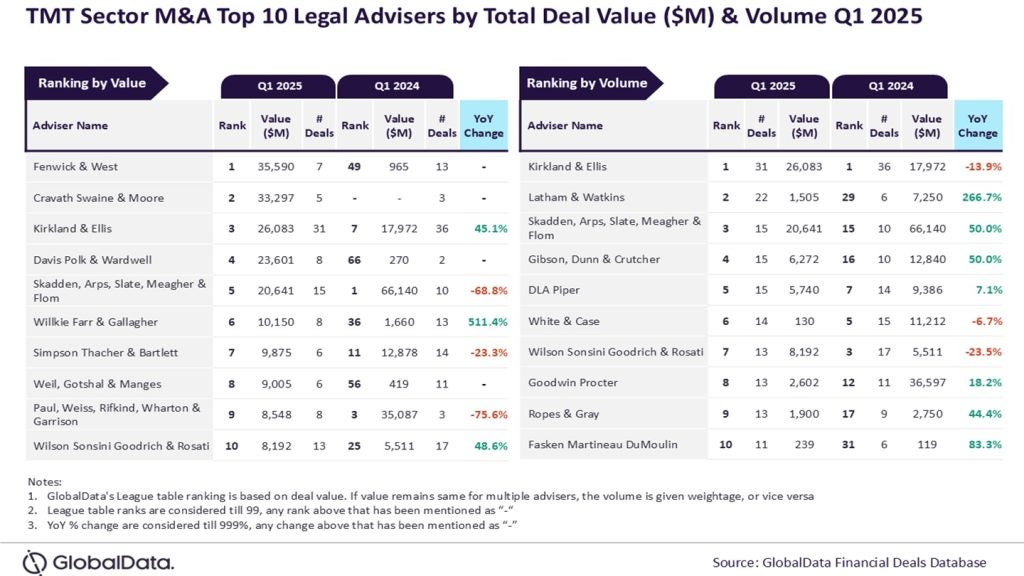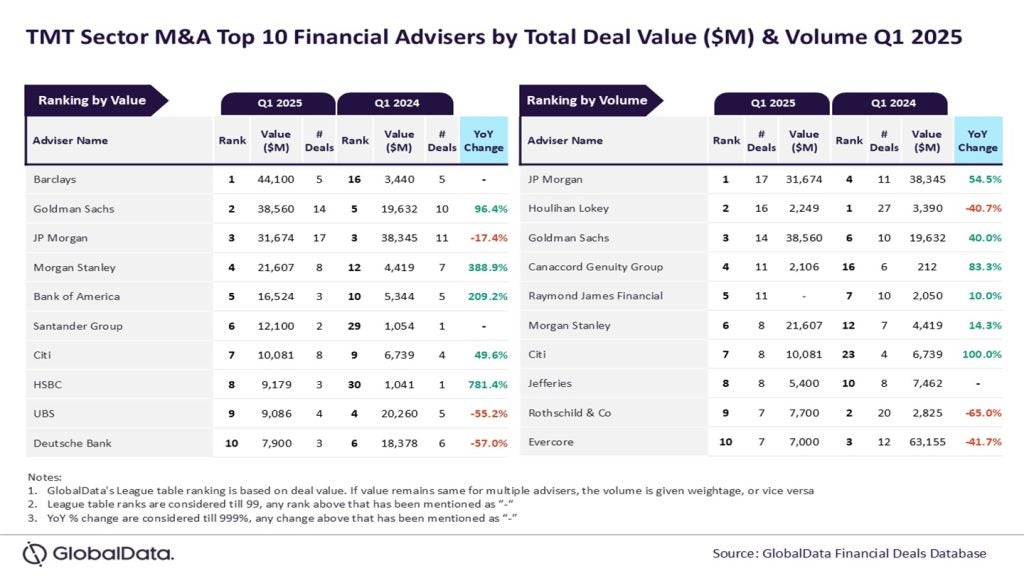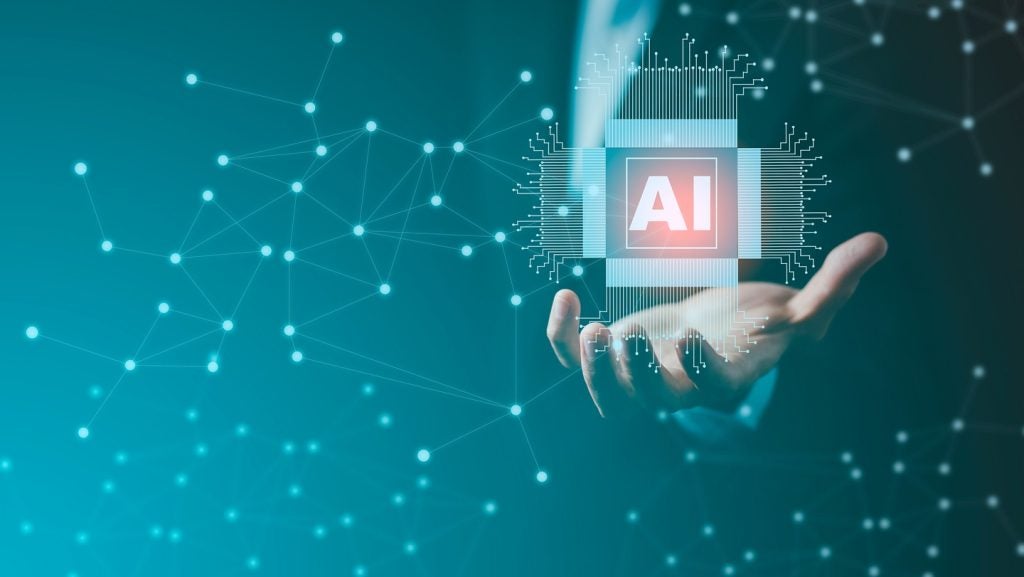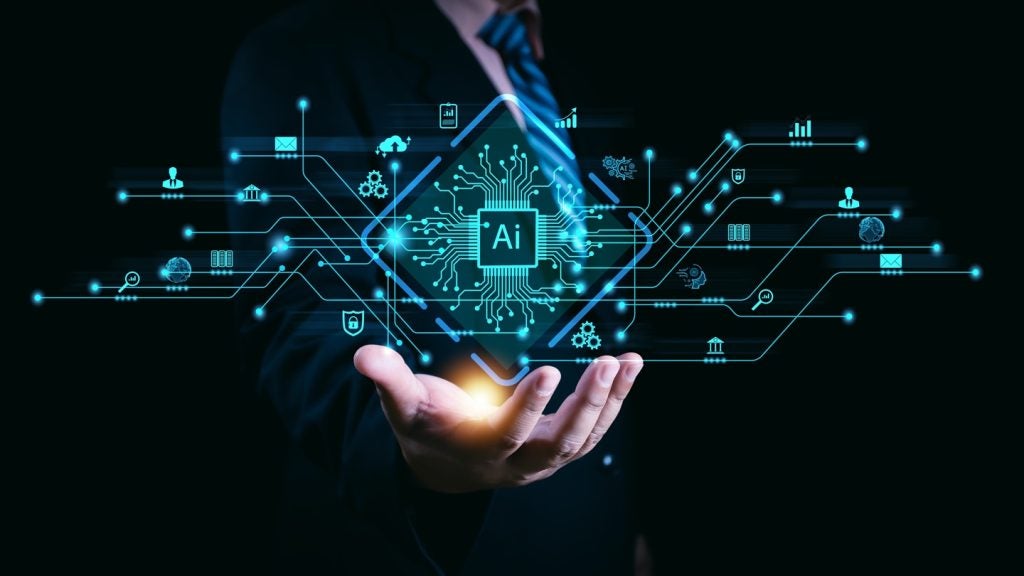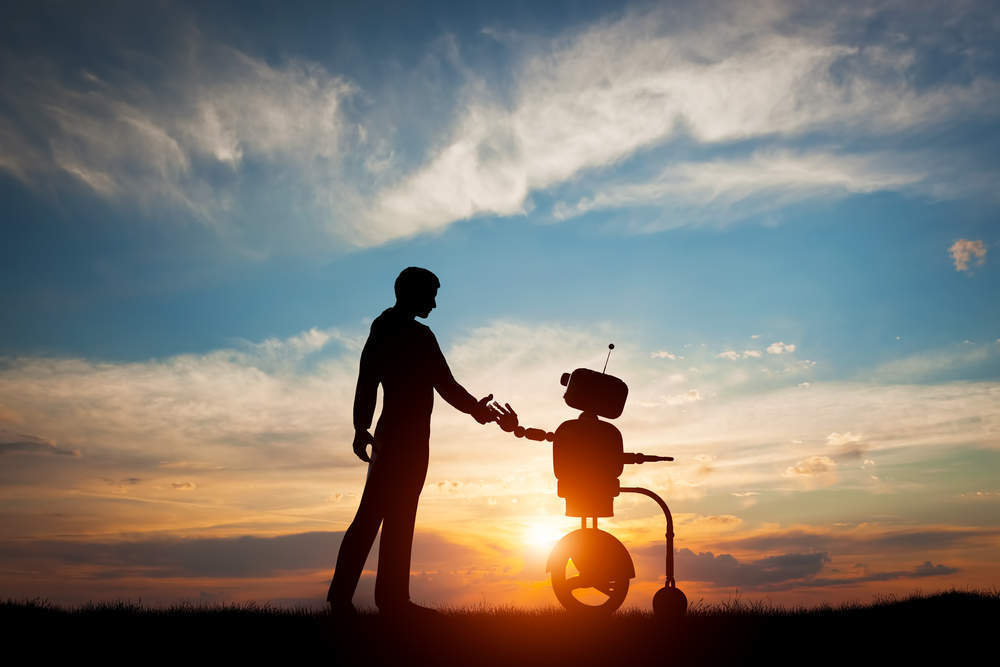
For the next two days in Geneva, Switzerland, United Nations agencies, artificial intelligence experts, and tech industry heavyweights will thrash out how the coming AI revolution can be made to work for the good of all humanity.
The grandly titled the AI for Good Global Summit will discuss how AI and robotics can tackle poverty, malnutrition and inequality around the world, amid criticism the world’s wealthiest counties are more concerned with self-driving cars, home assistants, and money-saving automation.
Organised by the United Nations specialised agency for information and communication technologies (ITU), the conference is bringing together the likes of Margaret Chan, director general of World Health Organization, Google’s director of research, Peter Norvig, and Peter Lee vice president of AI research at Microsoft.
The group said it expects AI to soon gain the ability to learn, improve and make calculated decisions in ways that will enable them to perform tasks previously thought to rely solely on human experience, creativity, and ingenuityy. And, as a result, we will in the near future see large parts of our lives influenced by AI.
Houlin Zhao, secretary general of ITU, said:
As the UN specialised agency for information and communication technologies, ITU is well placed to guide AI innovation towards the achievement of the UN Sustainable Development Goals. We are providing a neutral platform for international dialogue aimed at building a common understanding of the capabilities of emerging AI technologies.
Many of the world’s AI experts expect today’s big tech companies — the likes of Google, Facebook, and IBM — to dictate how AI is used in the future and the work they have already done is indicative of where we’re headed.
How is AI already helping humanity?
There so far aren’t a whole lot of ways AI is being used for the greater good.
While development agencies and NGOs have a lot of ideas only a few have reached the experiment stage.
Much of this is because the data used to power AI is rarely collected from the world’s 3bn people living in poverty.
However there has been a few studies that have shown promise.
Last year a technique using artificial intelligence to read satellite images was developed that could be used to indicate where international aid is most needed.
The method would assist governments and charities trying to fight poverty but lacking precise and reliable information on where poor people are living and what they need. [A] computer was initially fed data from household surveys by five African nations – Uganda, Tanzania, Nigeria, Malawi and Rwanda – and nighttime satellite imagery of the same countries.The computer was asked to use the data to spot signs of poverty in a separate set of high-resolution daytime satellite images that contain information from poor regions that otherwise appear dark in night photos.
Meanwhile the scientific journal Nature reports:
At Stanford University, computer scientists are using AI and satellite remote-sensing data to predict crop yields months ahead of harvest, hoping to anticipate food shortages.
Also the UN children’s charity UNICEF is investing in work to test whether deep learning can diagnose malnutrition from photographs and videos of children.
AI as well has been used for years in responses to natural disasters: helping to track where casualties and relief needs are greatest by parsing social-media messages and analysing satellite and drone imagery.



